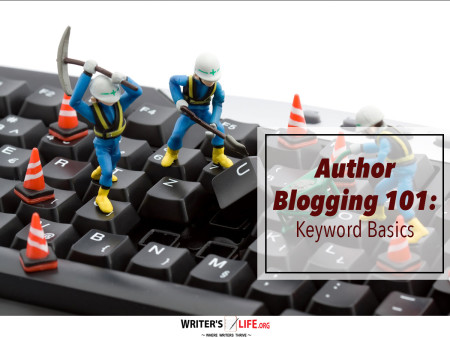- How To Tackle Jealousy In Creative Writing
- Common Submission Mistakes
- How To Stop Your Blog Becoming Boring
- The One Thing Every Successful Writer Has In Common
- How To Make Yourself Aware Of Publishing Scams
- Why Almost ALL Writers Make These Grammar Mistakes At Some Point
- 5 Tips For Authors On How To Deal With Rejection
- Top Mistakes to Avoid When Writing a Novel
- How to Avoid Common New Writer Mistakes
- 10 Mistakes New Fiction Writers Make
How to Write Opening Scenes That Instantly Hook

Opening Scenes Hook are crucial to engaging your readers right from the start. How do you pull them in instantly? Let’s explore some practical techniques that can transform your narrative beginnings into gripping pages.
Opening Scenes Tips: Setting the Stage
The first scene of your book is like the opening song at a concert – it sets the tone for what’s to come. Remember, you don't need to introduce every character or plot detail immediately. Instead, focus on laying the groundwork for your story's atmosphere. Ask yourself: What mood am I trying to convey?
Imagine opening with your protagonist standing on a rain-slicked street in the middle of the night. The sound of distant thunder could reflect their inner turmoil. This kind of opening scene offers a sensory experience, drawing readers into the world you’ve created.
According to Wikipedia, strong opening scenes can help establish your story’s theme. Using powerful sensory details can subtly inform your readers what's at stake.
Hooking Readers Instantly with Conflict
Nothing captivates with first scenes quite like conflict. When you introduce an immediate problem, readers are naturally inclined to wonder how it will be resolved. Conflict doesn’t have to mean a fistfight; it could be an internal struggle or an unexpected change. Think about how J.K. Rowling draws readers in with Harry Potter living under the stairs, instantly evoking sympathy and curiosity.
Creating tension from the get-go is one of the most effective scene starters. When readers can sense the urgency or distress, they're compelled to continue. The key is to maintain this momentum and gradually build upon it as the story unfolds.
Crafting Hooking Openers with Intriguing Characters
Introducing an unforgettable character is a powerful way to hook readers from the start. Think of a quirky detective who's solving crimes or a timid librarian discovering hidden powers. Great characters in opening scenes create a magnetic pull, making readers want to learn more about their journey.
But how do you create memorable characters right away? Use specifics: a peculiar habit, a distinctive voice, or an insightful piece of dialogue can do wonders. You want something that makes the character leap off the page and into the minds of your readers.
- Showcase a unique skill or flaw.
- Reveal a personal goal or belief.
- Place them in a relatable situation.
Writing Engaging Beginnings with Action
Action can be a perfect beginning hook. This doesn’t mean starting with a car chase unless it suits your story. Action could be as simple as your protagonist trying to catch the last bus home or preparing to give an important speech. The idea is to drop readers into a moment that demands attention.
Launching your story in media res, or in the middle of things, is a technique employed by many highly successful authors. By doing so, you immediately immerse your audience in the narrative flow.
Introductory Scene Techniques for a Memorable Start
Start with a question that readers will want answered. Example: “Why was Laura digging in her neighbor's garden at midnight?” This kind of introductory scene technique piques curiosity instantly.
Alternatively, employ world-building as a way to captivate readers. A well-crafted setting can lure audiences in, making them eager to explore more of your world. Use a few precise details rather than dense descriptions to paint an intriguing backdrop.
Want to promote your book after it’s published? Check out our Book Marketing Articles.
Frequently Asked Questions About Opening Scenes Hook
Q: What makes an effective opening scene?
A: An effective opening scene sets the tone, introduces conflict or intriguing scenarios, and creates a connection with readers. It should leave readers with questions they want answered.
Q: How important are first impressions in writing?
A: Very important! The first few pages decide whether a reader will keep going. Starting with engaging content ensures they’re curious about what happens next.
Q: Can opening scenes differ by genre?
A: Absolutely. Genres like mystery might open with a crime, whereas fantasy might set the stage in a new world. Tailoring the opening to fit the genre helps meet reader expectations.
If you're serious about growing your author career, don't miss out on these free tools and templates built specifically for writers. Access all 7 free resources here.



























